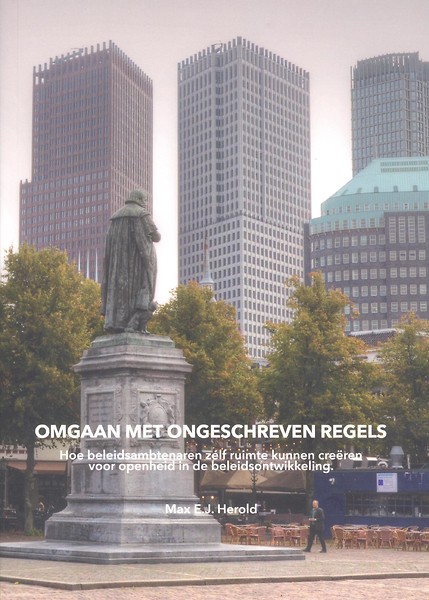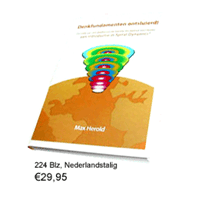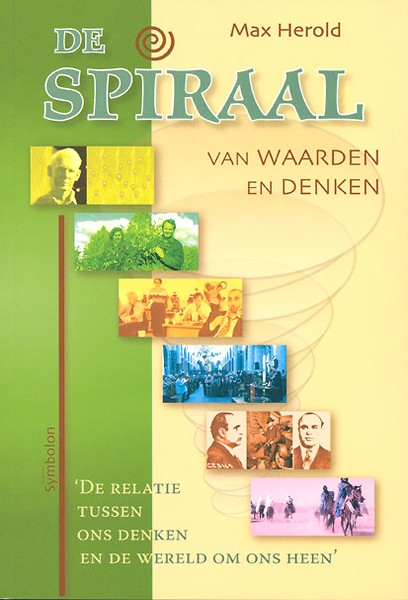Source of this text:
Title: Results from the Heart: How Mini-Company Management Captures Everyone’s Talents and Helps Them Find Meaning and Purpose at Work
Author: Kiyoshi Suzaki
Publisher: Free Press, 2002
Click on: Results from the Heart
Other books written by Kiyoshi Suzaki?
- The New Shop Floor Management: https://amzn.to/2Re0QvV
- ‘The new manufacturing challenge / techniques for continuous Improvement: https://amzn.to/2GHaB1v
Knowing Ourselves
Our modern world makes enormous demands on us and in some cases forces us to behave in a mechanical fashion. Without realizing it, we may be losing our connection with our core values. There are too many things to do, beginning in early childhood, and too much information to process just in the course of our daily lives. There is too little time to reflect. Without realizing that we have a choice—we can play an active role—we become passive and robotic. We should ask ourselves if we are spinning our wheels.
The following symptoms may indicate that we are too passive and robotic:
- We follow a prescribed program and lack initiative.
- We don’t pay much attention to our surroundings.
- We follow others’ expectations rather than our own beliefs.
- If we think we have a solid self, and believe we are always right without any doubt.
Instead of trying to understanding ourselves and relate to our surroundings better, we may blame the external world for our problems. The following story from more than two thousand years ago in Greece resonates even today.
In the temple at Delphi, the phrase “Gnoti sauton” (know yourself) is chiseled into the stone. Referring to this, Socrates asked one of his disciples, “Have you paid any attention to that phrase? Have you thought about who you are?”
“No, I have not,” said the disciple. “Because I know about myself quite well. If I do not know, how can I know anything else?”
“If that is so,” Socrates asked, “do you think a person who knows only his name is one who knows himself? A buyer of a horse does not know the horse until he sees if the horse is gentle or violent, strong or weak, or fast or slow. In such case, do you think a person who knows what kind of character he has and what he is good at is a person who knows himself?”
“I have not thought about myself that seriously.”
Asking “So What?”
No matter what environment we find ourselves in, knowing ourselves is the foundation for living our life in harmony with our intrinsic nature. Finding the meaning in what we do is embodied in what I call the “So what?” principle. The point is to question ourselves repeatedly until we cannot go any further. Ultimately, we should find deep meaning in what we are doing to the point where we can fully identify ourselves with our actions. The series of answers we provide before getting to the core should help clarify the logic of what we do and why. To make this process work, however, we must keep asking questions and make a strong effort to answer them sincerely.
In other words, repeatedly asking “So what?” is to be honest with ourselves, and to clarify the reasons for our actions. Even if we do not arrive at a clear understanding immediately, this continuous questioning will eventually help us to understand the task better and orient us to do what is meaningful and right. Further, it should help us lay the foundation for becoming a fully qualified president of our own mini-company—that is, master of our own destiny.
Take an example. If we are contemplating some task at work, we may ask “So what?” or “What is the meaning of the task?” The response might be, “I do this because my boss asked me to do so.” Instead of stopping there, let’s ask “So what?” or, “If the boss gets a good report, then what?” Then, we may say, “It is important because he needs to present this report to the customers.” We may again ask, “So what?” or “Why is it important?” The answer may be, “Because this customer is important for our business.” We may further ask why that is so. Or we may ask what will happen if they are satisfied.
If we are to spend our valuable time on something, should we just do that task without attaching much thought or initiative to it? This is a critical question. If people wait for orders to be given, their company will not accomplish much or be lively or fun. These people will have little in common except collecting their paychecks.
Here is another example. If we have failed to meet a certain goal and our business unit is losing money, we ask, “So what?” We may respond, “I feel bad about it.” Again, we ask, “So what?” This time, we are asking to be practical and not to dwell on our failure. In other words, we should ask what happened, what we have learned, and what we can do with the lessons learned. Obviously, we need to cut out unnecessary, unproductive thinking and focus our attention on what is meaningful, and do-able. Otherwise, it is like continuing to polish clay, in the belief that it will eventually turn into a mirror.
Ultimately, this series of questions should be connected to our mission so that clarity in logic and conviction are tied to our actions. What this means is that, if we repeatedly question, we should eventually touch the core of our being. That is when we feel in our hearts the source of the energy and the meaning of our work. On the other hand, if we cannot clearly explain what we do and why, there is a missing link between the task and how it contributes to accomplishing the mission. If our hearts are not in the right place in such a case, we cannot engage our full potential to the task. Naturally, we will find a vivid difference in productivity and the quality of our work between these two cases.
As more people practice “So what?” questioning and come up with a better understanding of the meaning of their work, they will begin to take the initiative to address issues on their own. Then, such an organization will begin to behave like all cells of a body self-activated to work with a sound underlying principle. Collectively, people will work for the success of the organization as well as for themselves. They will clarify the meaning and purpose in their existence as well as in their relationships with colleagues. This will help in collecting business intelligence, reducing redundancy, and enabling people to respond to their needs of the company.
Still, some may argue that not everybody is willing or capable of participating in this process. If that is so, should people be treated like a collection of robots? Should top management step in even though they are far away from the scene of the action? On the contrary, if people closer to the action ask these questions and make decisions, they will have more “control” and greater responsiveness to meet competitive threats. Not only that, they will create a dynamic, energized organization that may even produce miracles!
In summary:
- Asking “So what?” is to be honest—from the heart.
- Asking “So what?” brings out pragmatic and positive attitudes instead of wishful thinking.
- Asking “So what?” enables us to use our initiative to do our job rather than waiting to be told what to do.
- Asking “So what?” leads to discovery of the meaning of work and the ability to connect it to social needs.
- Asking “So what?” clarifies the logic that connects us to our mission and helps us bring out the full potential within us.
“Then, you have to start making efforts to know yourself today. Nothing is as important as knowing yourself, because people who know themselves will find out what is beneficial for them, and can distinguish what they can or they cannot do.
Listening to Our Heart
Let us next look at the picture from another angle. While asking “So what?” helps to clarify our thoughts, ultimately our hearts must be engaged as well. Here, “heart” represents our initiative, creativity, and the core of our being. Instead of “pushing our logic” from our brains, “listening to our heart” corresponds to being open to receiving inspiring messages coming from within.
Beyond finding insights on problems we face at work, being attentive to that voice in the heart will help us understand our true nature as well. When we feel vulnerable or lost—and even when we feel successful—we need a moment to be humble and to listen carefully to our hearts without reacting emotionally or impulsively. In fact, to explore our full potential, we should learn to distinguish the various noises surrounding us. We are reaching beyond conventional logic here, and this point is difficult to put into words. Yet, that is the very reason that each of us needs to listen to our heart.



